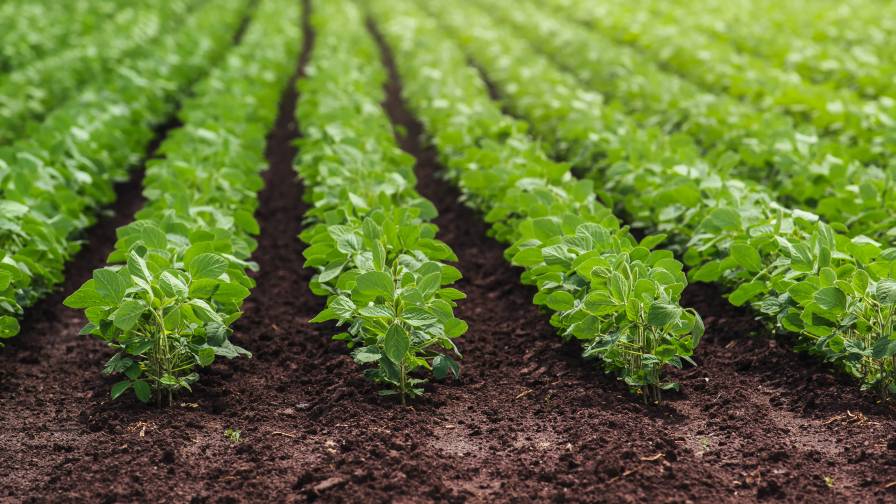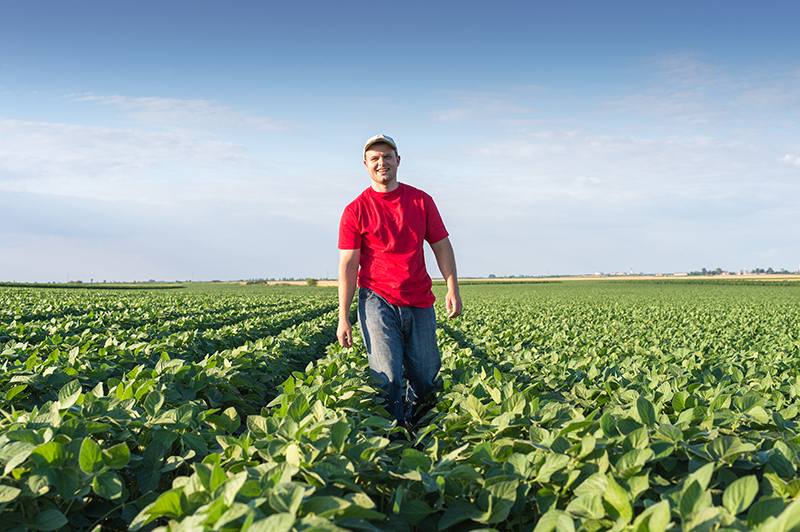Iowa State: Research Proves Moist K Soil Test Results More Reliable
As post-harvest soil test and fertilization season begins, growers and ag retailers need to be aware that Iowa State University recently announced changes to potassium (K) fertility guidelines based on moist soil measurements. These may be viewed online via the Iowa State University Extension page.
While it has been known for decades that drying can change the chemistry of soil, altering the amount of extractable potassium (K), it’s just been in the last two years that Solum entered the market with a commercially viable process measuring soil in its field moist state.
The new potassium (K) recommendations document from Iowa State notes, “Research has indicated that the moist K test is more reliable than the test based on dried samples and is a better predictor of crop K fertilizaton need.”
Speaking at a mid-year conference, Iowa State Professor of Soil science and Nutrient Management, Dr. Antonio Mallarino, reminded the audience that soil test interpretation classes should be understood in terms of probability of response. “The amounts of K extracted can differ greatly between moist and dried samples, and the differences change greatly across soil series, the soil-test K levels, and soil conditions related to drainage and moisture content cycles.” While other tests are still available for potassium, he noted that they encourage the use of the moist test for K because it has more predictive value and a more consistent meaning across different soils and conditions.
Solum Inc. opened a moist soil measurement facility in Ames, IA, in 2012 to offer this test and other advanced measurements. In collaboration with Winfield Solutions, Mosaic, and other industry partners, it has conducted trials in more than 15 states and four countries.






